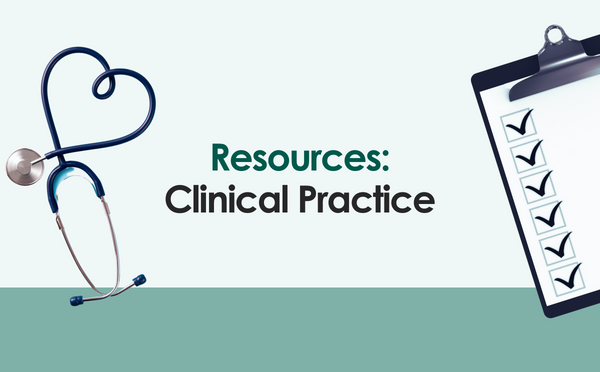Issue Brief: Status of State-Level Medicaid Benefits for Medical Respite Care
Medicaid respite care programs are rapidly growing in response to a rising need for people experiencing homelessness to have access to post-acute care in a safe, stable environment coupled with an increased awareness of the program model. While there are numerous financing strategies that work for medical respite programs, more state Medicaid plans and managed […]
Issue Brief: Status of State-Level Medicaid Benefits for Medical Respite Care Read More >>


